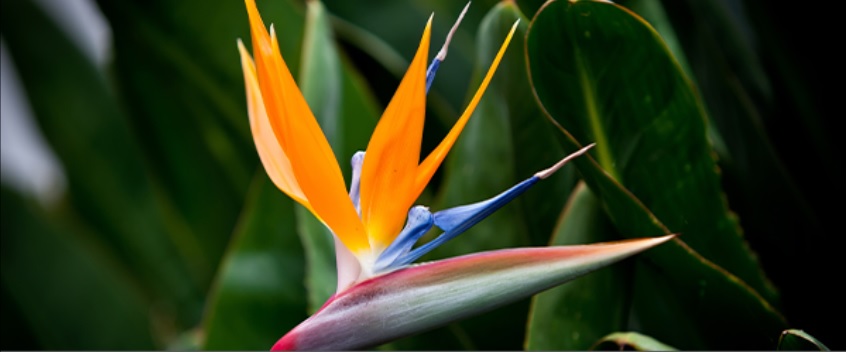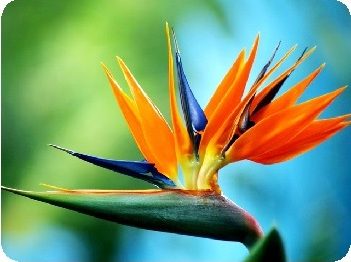Birds of Paradise Bring the Drama!
Birds of Paradise often come to mind whenever floral pros or enthusiasts are in the mood for “something different.” Hopefully, they aren’t SO different that their care and handling needs are foreign to you! But, if that’s the case, Floralife® invites you to check out an article we wrote for LivRio entitled “Birds of Paradise: Beauty and Drama Take Flight!”

“A native of South Africa, Birds of Paradise are definitely a change of pace from the often delicate, frilly world of cut flowers, and you won’t find a subtle pastel in the bunch! Symbolic of faithfulness, love, and thoughtfulness, Birds epitomize romance (with perhaps a touch of drama!) And, hopefully, the romance and excitement will be as long-lasting as the birds themselves; with proper care these hardy tropical flowers can last two weeks or more in the vase.”
A vivid, dramatic, long-lasting treat for the senses…what more could you want? Of course, “proper care” is key. So we go into detail on how to achieve these results.

Birds of Paradise Care and Handling Tips Include:
Purchasing Questions:
- Origination and cultivar
- Wet or dry storage
- Ethylene treatment or not? Use EthylBloc™ or Floralife® EthylGuard
- Choosing stems at proper stage of development
Processing Tips:
- Everything clean and sanitized with D.C.D.® cleaner or new Floralife® Floral Cleaner Wipes
- Place stems in a hydration with Floralife® Quick Dip
- Removing foliage, cutting stems
- Hydration and flower food solution with proper airflow
- Proper FIFO stock rotation
Storage Tips:
- Place Birds of Paradise in a 55-60˚ F (13-16C) cooler with 75-85% humidity. Birds are cold sensitive and will develop brown spots on the flowers (bracts) at temperatures below 50˚ F (10C).
Common Defects and Causes :
On the prevention tip, we describe some of the hazards your birds may face, and ways to avoid them. These include split leaves, damage that occurs during shipping discolored stems from pesticide drift, and many more. So read the piece!
Birds of Paradise are certainly different from their delicate cousins, and their care differs as well. But with proper tools and techniques, you can enjoy their tropical drama year round! Be sure to read the original piece at LivRio, or check out this link!
